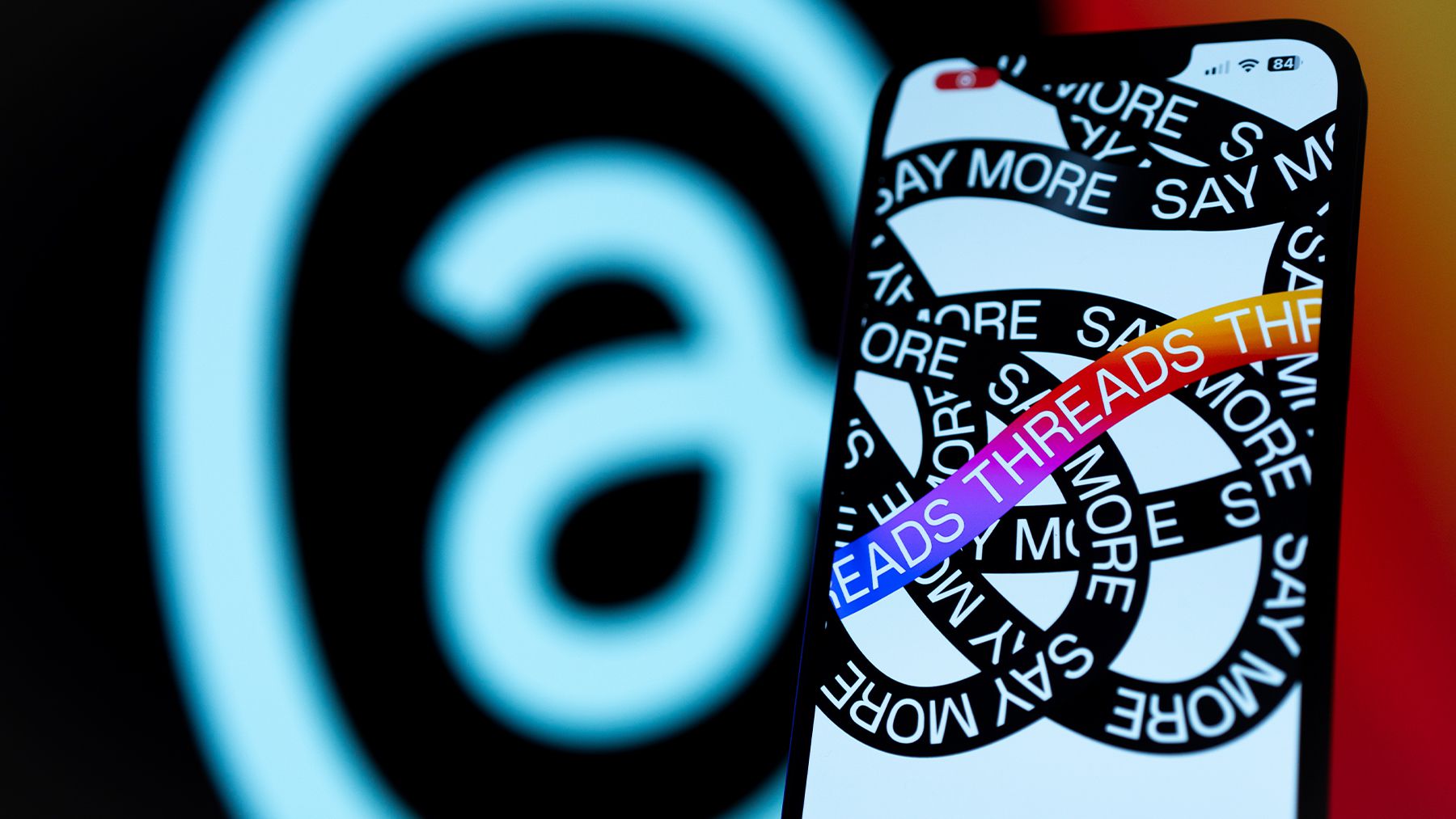
Whether or not Mark Zuckerberg and Elon Musk ever actually square off in a cage match, their companies are already brawling.
On Wednesday, Zuckerberg’s Meta launched Threads, a text-based conversation app it touts as a gathering place for communities to discuss different topics — territory previously staked out by Musk-owned Twitter. It allows users to log in with their Instagram accounts, creating a readymade audience, and it’s off to a fast start. Zuckerberg said on his Threads account that the platform had 10 million sign ups in seven hours. (The EU launch is delayed due to regulatory concerns over the user data it collects.)
The app is a direct challenge to Twitter, and not just because its user interface is strikingly similar. Twitter has weathered a tumultuous stretch including layoffs and controversial business decisions since the current world’s richest man bought it for $44 billion and took it private in 2022. Most recently he announced the company would limit the number of posts users could see in a day to restrict data scraping by bad actors, apparently driving more users to seek Twitter alternatives.
Fashion already has mixed feelings about Twitter. The image-centric industry has generally viewed it as a secondary channel, leaning more towards Instagram and TikTok. Musk’s takeover also prompted a small backlash in fashion as he vowed to loosen moderation, even amid longstanding accusations that Twitter was already falling short on curbing hate speech, political extremism and harassment on its site.
So far, young Twitter rivals such as Mastodon, Spill and Bluesky have failed to supplant it. But the turmoil at Twitter has potentially left an opening for a new competitor, and Meta, which has expertise with social platforms, deep pockets to build them and billions of active users to populate them, has been eyeing the opportunity for months.
Many may be wondering if Threads will finally be the competitor that draws Twitter’s audience away and gives fashion a new channel to reach customers.
What Is Threads Like?
Threads is a lot like Twitter. It has a similar interface and functionalities, such as the ability to like or repost other people’s comments. Users can post 500 characters of text, as well as share links, photos and videos up to five minutes long. Many on the app have been praising the design.
When users sign up, they can automatically follow the accounts they follow on Instagram. But as many are pointing out, a person’s social network can be very different on Instagram and Twitter, so if they want a replica of Twitter, they’ll likely need to rebuild their feed on Threads. The platform also uses an algorithmic feed that shows a good deal of content from accounts a user may not follow — probably to ensure their feeds aren’t empty to start. Adam Mosseri, the head of Instagram, said in reply to one user that the option to see only followed accounts is on Threads’ list of potential features.
Threads also allows users to control who can reply to their posts, filter out specific words and block or restrict other profiles from following them. In a release, Meta said it built Threads “to enable positive, productive conversations.”
What Is Threads’ Chance of Success?
While Threads has started strong, its victory isn’t certain. Tech companies may occasionally introduce new products that never quite catch on and get shuttered later. In late 2017, for instance, Meta — then still called Facebook — began testing a Snapchat rival called Direct, only to shut it down in 2019. Other platforms may take off quickly but fail to keep their audience returning over time, as BeReal’s struggles attest.
Meta has been able to successfully copy competitors, but those examples are most often features it builds into existing apps where it has an audience, the way Instagram mimicked TikTok with Reels and Snapchat with Stories.
As a new standalone app, Threads won’t be the first Twitter competitor either. Others like Mastodon have been held up as alternatives for users fed up with Twitter or Musk. None so far have toppled it. There are various reasons, including the clunky user interfaces of some of the platforms, but another is their lack of users. Social-media platforms thrive on network effects, where the value to users rises as more users join. If members log onto a platform with little to no content and activity, they aren’t likely to stick around, which is why a challenge for any emerging platform is bringing in and retaining a core audience.
Why Threads Could Be Different
Threads has an advantage in that it’s drawing on Instagram’s existing two billion monthly active users worldwide by letting them log in with those accounts. Meta also knows a social platform is only as good as the people and companies on it. It extended early invites to businesses such as Netflix as well as public figures and influencers. Among those to have joined is Shakira, who received thousands of likes and replies after posting a picture from Viktor & Rolf’s recent haute couture show in Paris wearing a white trench coat constructed to form the word “No.” News outlets have begun flocking to the platform as well.
If Threads can attract and hold even a fraction of its global users, it can pose a serious challenge to Twitter, which reported 238 million daily active users worldwide at the end of June 2022, before Musk acquired it.
It’s already making a big show of how brand-friendly it is, inviting several to sign up first and emphasising its “positive” atmosphere and content moderation options. Countless brands will already have deep relationships with Instagram, which wrote the playbook for how brands and social platforms work together.
For fashion, it would provide a new venue for reaching its audience, and even though it’s text-based, it would be directly linked to Instagram — and free of Twitter’s political baggage. The industry will be watching to see how Meta’s big new bet progresses.



